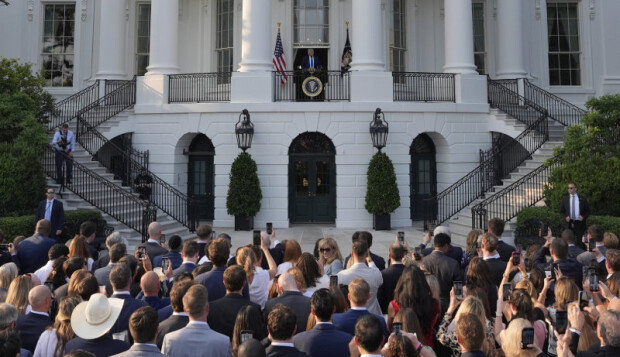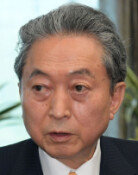Trump bans new Harvard international students for six months
Trump bans new Harvard international students for six months
Posted June. 06, 2025 07:15,
Updated June. 06, 2025 07:15

U.S. President Donald Trump signed a proclamation on Wednesday, banning new international students and researchers from entering the country to attend Harvard University, citing national security concerns. The ban will be in effect for six months.
Trump said the measure was necessary because Harvard had failed to provide the federal government with records of illegal activities committed by its international students. For current enrollees, visa revocation will be at the discretion of Secretary of State Marco Rubio.
In the proclamation titled “Enhancing National Security by Addressing Risks at Harvard University,” Trump said Harvard was no longer a trustworthy administrator of the Student and Exchange Visitor Program. He stated that admission to U.S. institutions of higher learning is a privilege granted by the federal government and that the privilege depends on compliance with federal law. Trump said Harvard had failed in this regard.
The U.S. president accused adversarial nations such as China of using access to elite American universities to steal advanced technologies, destabilize U.S. society and spread misinformation. Trump said the government had requested records of illegal activity involving foreign students, but Harvard had cooperated in only three cases.
Harvard, where international students make up about a quarter of the student body, responded immediately. In a statement, the university said the move violated the First Amendment and promised to protect international students. The school also signaled plans to challenge the decision in court.
The Harvard Crimson, the university’s student newspaper, also criticized the proclamation. It noted that most international students admitted for the upcoming fall semester had not yet arrived on campus. It added that a recent rise in campus crime involved mainly the theft of electric bikes and scooters and that international students were not the primary offenders.
It remains unclear how the proclamation will be implemented. Presidential proclamations generally carry less legal weight than executive orders.







